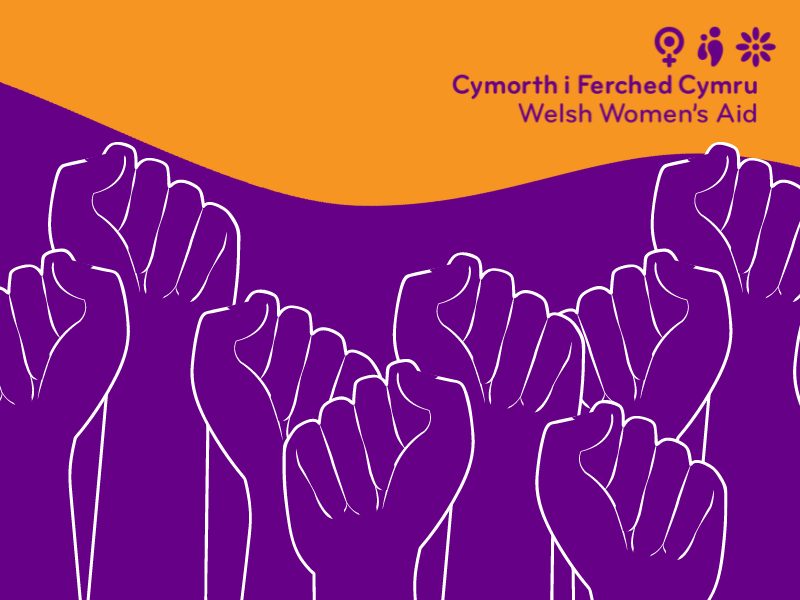
This resource has been developed in response to the need identified by Welsh Women’s Aid’s membership and Helpline staff for all workers in frontline VAWDASV services to understand the rights and entitlements of survivors who are subject to immigration control, and the corresponding duties on public services. This resource does not seek to advise on how to support migrant survivors of VAWDASV. Welsh Women’s Aid advocates for services to have arrangements in place to meet the specific requirements of those with insecure immigration status, including through partnership working with local and national specialist providers for Black and minoritised women, interpreting services and others. This is embedded in our National Quality Service Standards.
Rather, what this resource offers is a comprehensive overview of the accommodation and support rights of migrant survivors with insecure immigration status; coupled with tools to help third sector VAWDASV services to ensure that all survivors can access the specialist accommodation and support to which they are entitled.
Part 1
Introduces “immigration control” which restricts individuals’ and families’ access to particular public funds. It explains what it is, who is affected, and which public funds they are prohibited from accessing.
1. Introduction to immigration control
Part 2
Identifies the various routes to accommodation and support available for survivors of VAWDASV subject to immigration control. These include: social services support; the Destitution Domestic Violence Concession and Domestic Violence Rule; the National Referral Mechanism (for survivors of modern slavery and trafficking); and Home Office Asylum Support (for asylum seekers and refused asylum seekers).
2. Support options the rights and entitlements of migrant survivors of VAWDASV
Part 3
Contains template letters for the purpose of making an initial request to social services for an urgent care and support needs assessment; to fund interim accommodation and financial support; and to make a positive decision to fund the care and support needs of survivors of VAWDASV.
See members’ area for letter templates.
Part 4
Introduces the Pre-Action Protocol Project, a scheme run by Deighton Pierce Glynn Law Firm which provides frontline services with free training and ongoing supervision by a solicitor to enable them to prepare formal “pre-action protocol” letters to challenge decisions made by or on behalf of Government (e.g. if social services refuse to undertake a needs assessment).
4. Challenging Social Services refusal to assess and or meet the care and support needs of survivors
Part 5
Contains a template letter for the purpose of challenging the Department for Work and Pensions on the grounds of section 3C of the Immigration Act 1971. This letter can be used if the DWP terminates / threatens to terminate a survivor’s access to benefits (obtained through the Destitution Domestic Violence Concession) while the survivor is still awaiting a Home Office decision on an application for indefinite leave to remain.
5. Template Letter for Department for Work and Pensions Benefits Challenge
Part 6
Contains a list of useful helplines, services, resources and organisations.
6. Useful helplines websites and resources
Part 7
This directory details funding options from charitable foundations and grant-making bodies for specialist VAWDASV services to provide support to survivors with NRPF. This includes financial support to pay for rents in refuge as well as basic needs such as clothes, food and travel. The funding opportunities are divided into funds for individuals, and funds for organisations.
Part 8
Contains responses to a list of ‘frequently asked questions’ which were identified during conversations with specialist providers and during various training sessions on the issue of no recourse to public funds.
Our work is continually informed by the lived experiences of survivors. So special thanks are due to the survivors of violence and abuse who have used local services and whose accounts of the barriers they have faced in accessing support and safety because of their immigration status have helped to highlight how endemic the discrimination they face is. Their strength, perception and resilience continues to inspire our work to end domestic abuse and all forms of violence against women.

